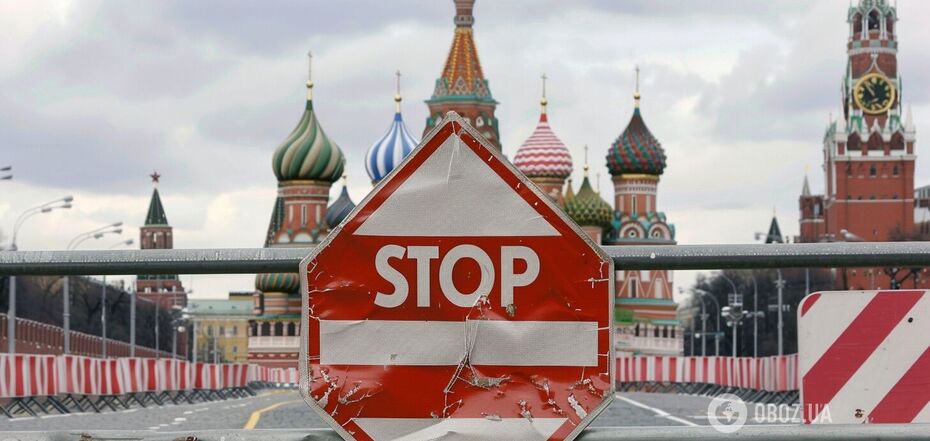News
The European Union has fallen into a new dependence on Russia: Financial Times reveals the details
The European Union's (EU) dependence on Russian fertilizers is growing, threatening the region's long-term food security as local producers cannot compete with cheap Russian products. The lack of fertilizer production in Europe could lead to dependence on imports from non-democratic countries such as Russia and Belarus.
This was reported by the Financial Times. A flood of cheap Russian fertilizers could push European producers out of the market, posing a long-term threat to the region's agriculture.
Today, a third of the EU's urea imports come from Russia. In 2023, the supply volumes reached record levels . For example, imports of Russian urea to Poland increased to almost $120 million compared to $84 million in 2021.
Despite the reduction in Russian natural gas sales to Europe since 2022, imports of some fertilizers, such as urea, have increased significantly since Russia's invasion of Ukraine. This phenomenon is causing concern among European fertilizer producers, who cannot compete with low prices for Russian products.
European fertilizer producers claim that cheap Russian fertilizers undermine their competitiveness. Petr Zingr, CEO of SKW Stickstoffwerke Piesteritz, the largest ammonia producer in Germany, said that European producers cannot compete with Russian ones because the latter pay much less for natural gas.
Svein Tore Holseter, CEO of Yara International, one of the world's largest nitrogen fertilizer producers, expressed a similar opinion. He warned that Europe is "sleepwalking" into dependence on Russian fertilizers.
Western sanctions against Russia provide for exemptions for food and fertilizer exports in order not to harm global food security. However, European producers believe that Moscow is using these loopholes to finance its military campaign.
Chatham House food security expert Tim Benton emphasizes that European producers have long complained about the advantages that their Russian counterparts enjoy from cheap gas. These arguments have become even more relevant after Russia's invasion of Ukraine.
Several major European players, such as BASF, are scaling back their operations in the region, particularly in the fertilizer sector. BASF is redirecting its investments to the US and China, where production costs are lower. Experts predict that other major producers may follow BASF 's lead. In the United States, producers have access to much cheaper gas and electricity, and can also count on subsidies under the inflation reduction law.
The lack of fertilizer production in Europe could lead to dependence on imports from other countries, such as Russia and its ally Belarus, which poses risks to food security, as control over fertilizer supplies would be in the hands of undemocratic regimes. Peter Tsingr emphasizes that with such leverage over European food production, no one knows what Putin will do.
Despite these threats, Brussels is unlikely to respond to calls for sanctions on Russian fertilizers. Politicians are still mindful of high fertilizer prices in 2022 and threats to food security. Chris Lawson, head of fertilizer at CRU, believes that this memory may hold back any decisive action.
As OBOZ.UA previously reported, Russia is creating another shadow merchant fleet. Along with the ships that secretly carry Russian oil, the Russian Federation has tankers designed to transport liquefied natural gas (LNG). In particular, such ships are being accumulated by little-known companies from Dubai.
Only verified information is available on our Telegram channel OBOZ.UA and Viber. Do not fall for fakes!



























